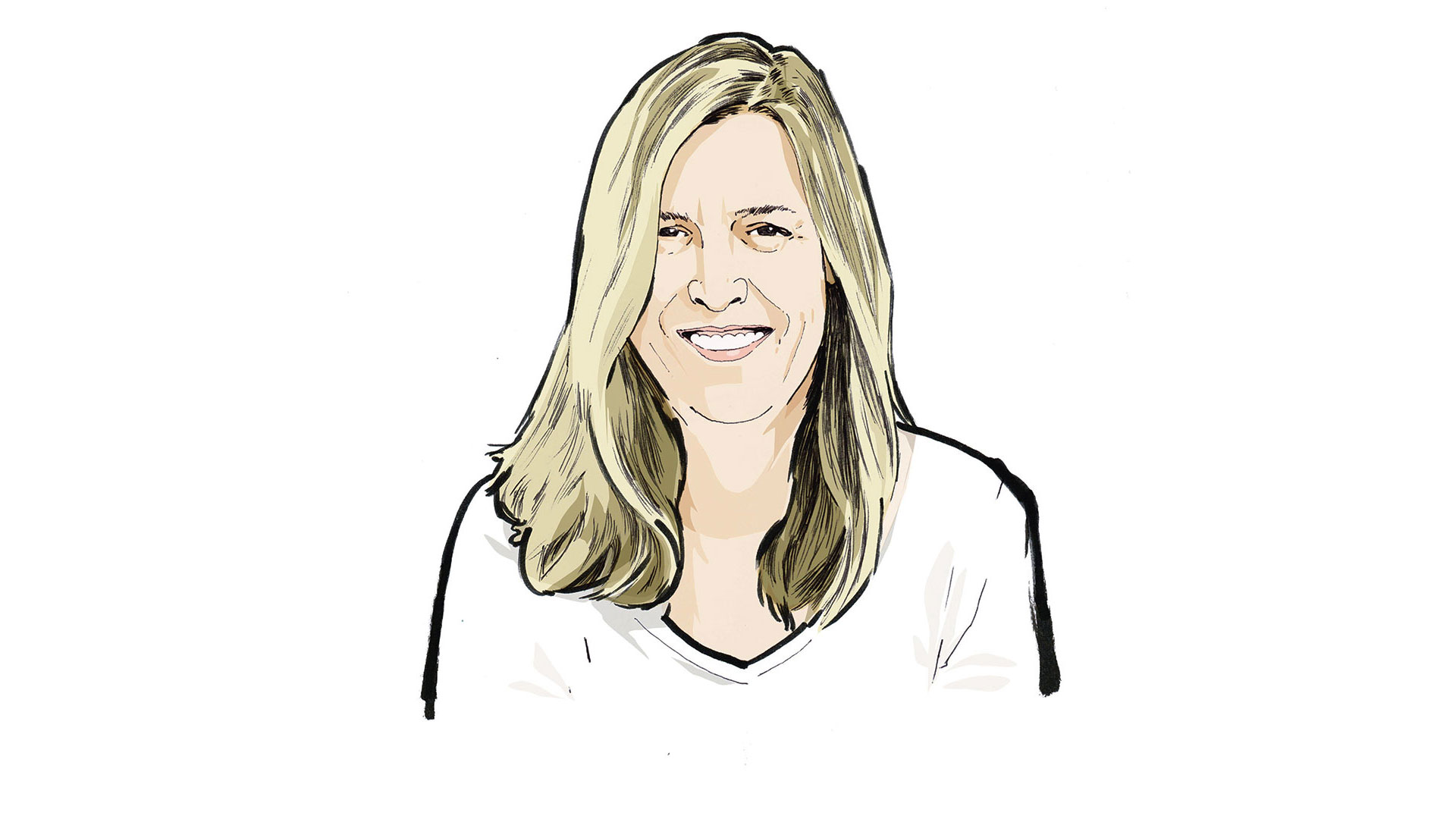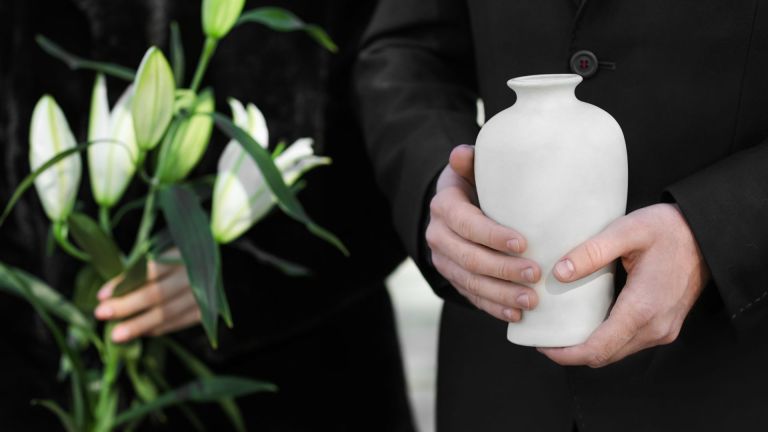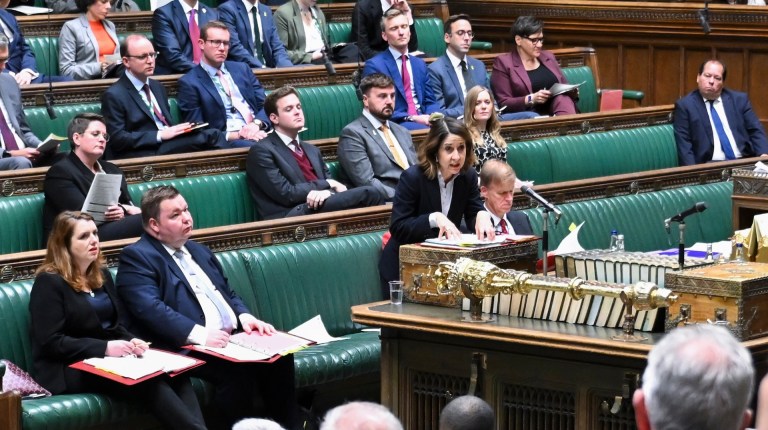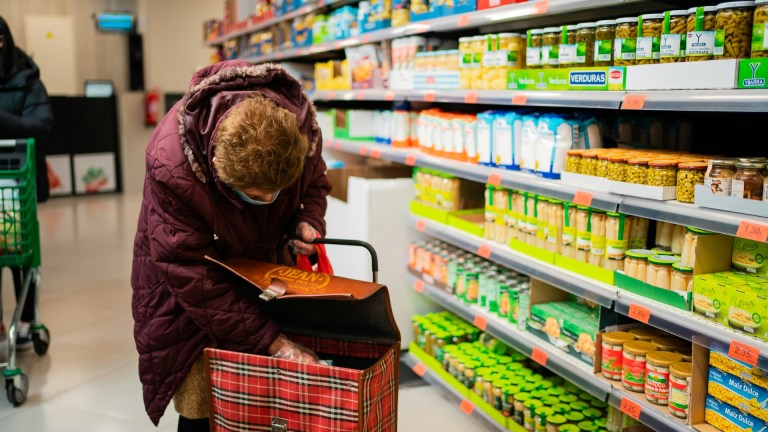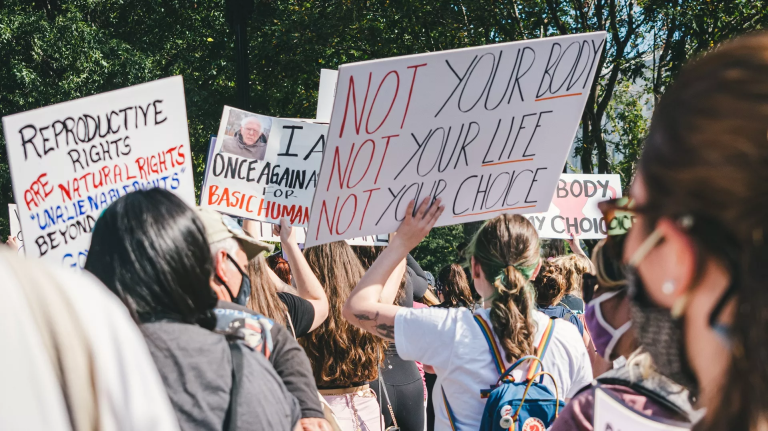The founder’s vision for the charity has shifted since its launch. Burrows explains: “At the beginning I was quite preoccupied with the prevention of offending. I’m not any more.”
It became apparent that many of the conditions that lead to offending are structural – like poverty, poor housing and few education opportunities. They’re out of her power, no matter how good her intentions. But as she spent more time working with local families with relatives in prison, she witnessed the stigma surrounding them.
“That isolation, the awful treatment children receive from their classmates at school. They didn’t have anywhere to go that was free from judgement, they couldn’t build any relationships in their own communities. It can be a loneliness so intense it ruins lives.
“I had to focus on providing emotional support,” Burrows adds. “It might sound vague or simplistic to some, but I’ve seen first-hand how absolutely crucial it is. The families and children of people in prison are rarely thought of as a vulnerable group; their emotional wellbeing barely gets a look in.”
The programme is a mix of mentoring, peer support groups and activities like music sessions, art workshops, and cultural trips. Children Heard and Seen has helped more than 300 families to date. Right now, the children involved with the charity have parents spread across 36 prisons in England. If families from outside Oxfordshire get in touch, Burrows will first try to find some support for them in their area, but help is rare enough that many travel hours to access her service.
“There are three of us working for the charity, including me, plus about 25 volunteers,” Burrows adds. “We work from my kitchen table.”
That support is powerful enough that some get involved in campaigning themselves. Some families involved have spoken about their experiences to the parliamentary human rights committee, while other children are helping shape upcoming conferences focused on
parental imprisonment.
“There were things I hadn’t thought of,” says Burrows. “Child maintenance paid by a father even after the relationship has ended – that all goes when they serve a sentence. You hear of children having to get up at 4am to travel to visit a parent in prison. Some want a one-off visit because a partner has been jailed and they don’t know how to explain it to a child.”
But Burrows and her team make it easier, plugging a gap in services that often goes unacknowledged. Families become fiercely loyal to the charity, sticking around to help even after their own need for support has passed.
As the charity grew, Burrows realised there was a tool missing: a database of children made vulnerable by parental imprisonment. She had to rely on schools referring families in the beginning, until word-of-mouth took effect and demand soared as more people heard about the service she offered.
“It would make so much possible; pupil premium, for example, I think they should be eligible for that. But if no one ever bothered to create a database, there can’t ever have been any intention of supporting them.”
In the months ahead, Burrows will continue to fight the uphill funding battle – and navigate new challenges worsened by the UK’s political climate. One boy she supports has a father in prison who faces deportation to Nigeria upon release. This means he does not just face the uncertainty of a parent rejoining the home from prison, but the uncertainty of a parent not coming home at all. “People often don’t think about the children,” she says. “They’re an afterthought.”
Image: Lyndon Hayes
